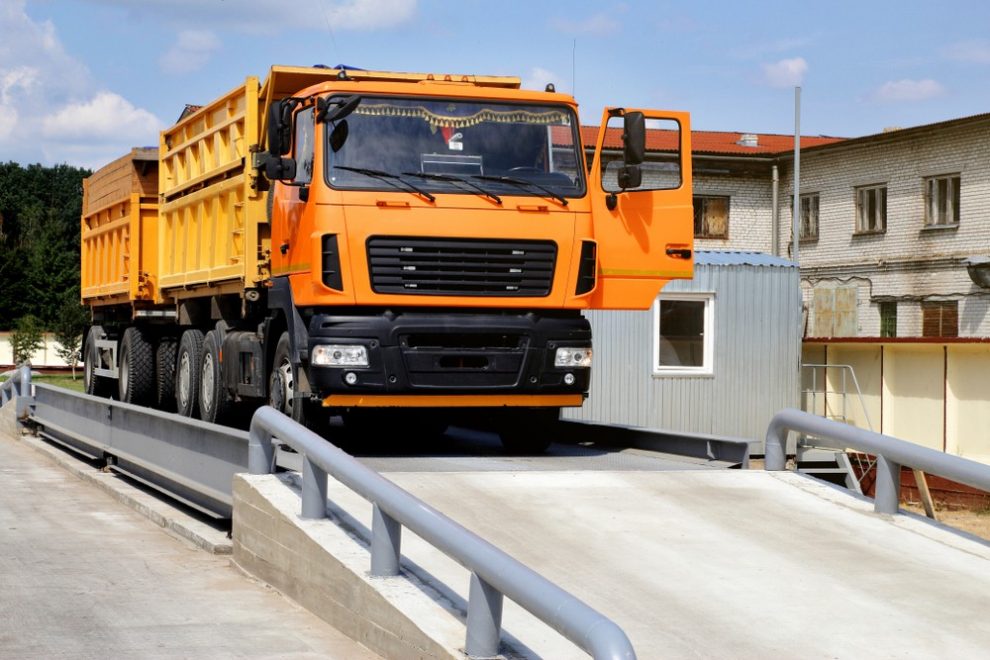
Certainly, here are the key points explaining why truck weigh stations are an essential part of transportation and logistics:
- Weight Compliance: Truck weigh stations ensure that commercial vehicles comply with weight regulations set by transportation authorities, preventing overloading that can damage roads and infrastructure.
- Road Safety: Overloaded trucks are more difficult to control, have longer braking distances, and are at a higher risk of accidents. Vehicle weigh scales station contributes to road safety by enforcing weight limits.
Related Post : Truck Scales Semi Truck Scales - Preventing Infrastructure Damage: Heavy vehicles that exceed weight limits can cause significant damage to road surfaces, bridges, and overpasses. Weigh stations help prevent this damage, extending the lifespan of transportation infrastructure.
- Environmental Impact: Overloaded trucks consume more fuel and emit more pollutants, contributing to environmental degradation. Weigh stations help reduce fuel consumption and emissions by ensuring vehicles are within legal weight limits.
- Fair Competition: Weigh stations ensure fair competition among transport companies by preventing someone from gaining an advantage through overloading and thus reducing their operating costs.
- Preventing Cargo Theft: Weigh stations help verify the declared weight of cargo, preventing discrepancies that could potentially indicate illegal activities like cargo theft or smuggling.
- Load Distribution: Weigh stations assess the distribution of weight across vehicle axles, preventing uneven wear on tires and ensuring safe handling on the road.
- Traffic Management: Weigh stations help manage traffic flow by allowing officials to inspect and weigh vehicles off the main road, reducing congestion and improving overall traffic management.
- Regulatory Compliance: Trucking companies and drivers must comply with weight regulations to avoid fines, penalties, and legal consequences. Weigh stations help ensure regulatory compliance.
- Data Collection: Many weigh stations are equipped with systems that collect weight data, which can be used for reporting, analysis, and decision-making in the transportation and logistics sectors.
- Emergency Response: In emergency situations involving commercial vehicles, knowing the accurate weight of the vehicle is crucial for response planning and mitigation strategies.
- Optimized Resource Utilization: Weigh stations contribute to the optimal utilization of resources, as they help prevent overloading and its associated negative effects, leading to more efficient logistics operations.
- Efficient Use of Infrastructure: By preventing damage to roads and bridges caused by overloading, weigh stations contribute to the efficient and sustainable use of transportation infrastructure.
- Weigh-In-Motion Technology: Some modern weigh stations use weigh-in-motion technology, allowing trucks to be weighed while in motion, reducing delays and improving efficiency.
- Safety Inspections: Weigh stations often provide an opportunity for safety inspections, ensuring that vehicles are in proper working condition, and drivers are adhering to safety regulations.
- Government Revenue: Fines collected from overweight vehicles at weigh stations can contribute to government revenue, which can be invested in road maintenance and infrastructure improvement projects.
These bullet points highlight the importance of truck weigh stations in maintaining road safety, regulatory compliance, fair competition, environmental protection, and efficient logistics operations within the transportation industry.
